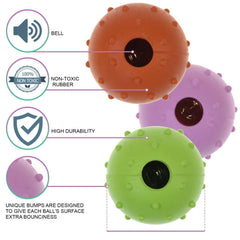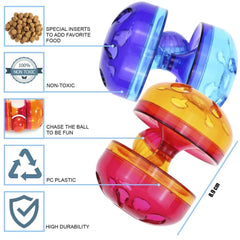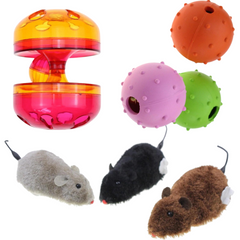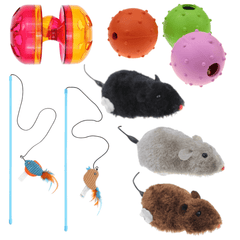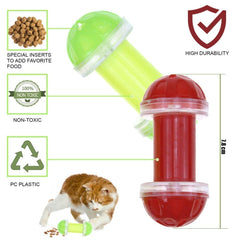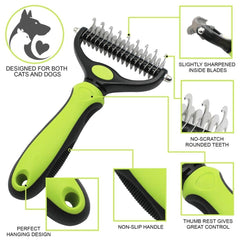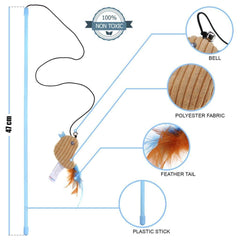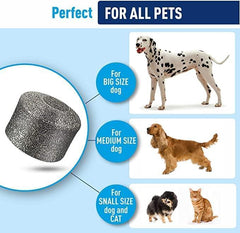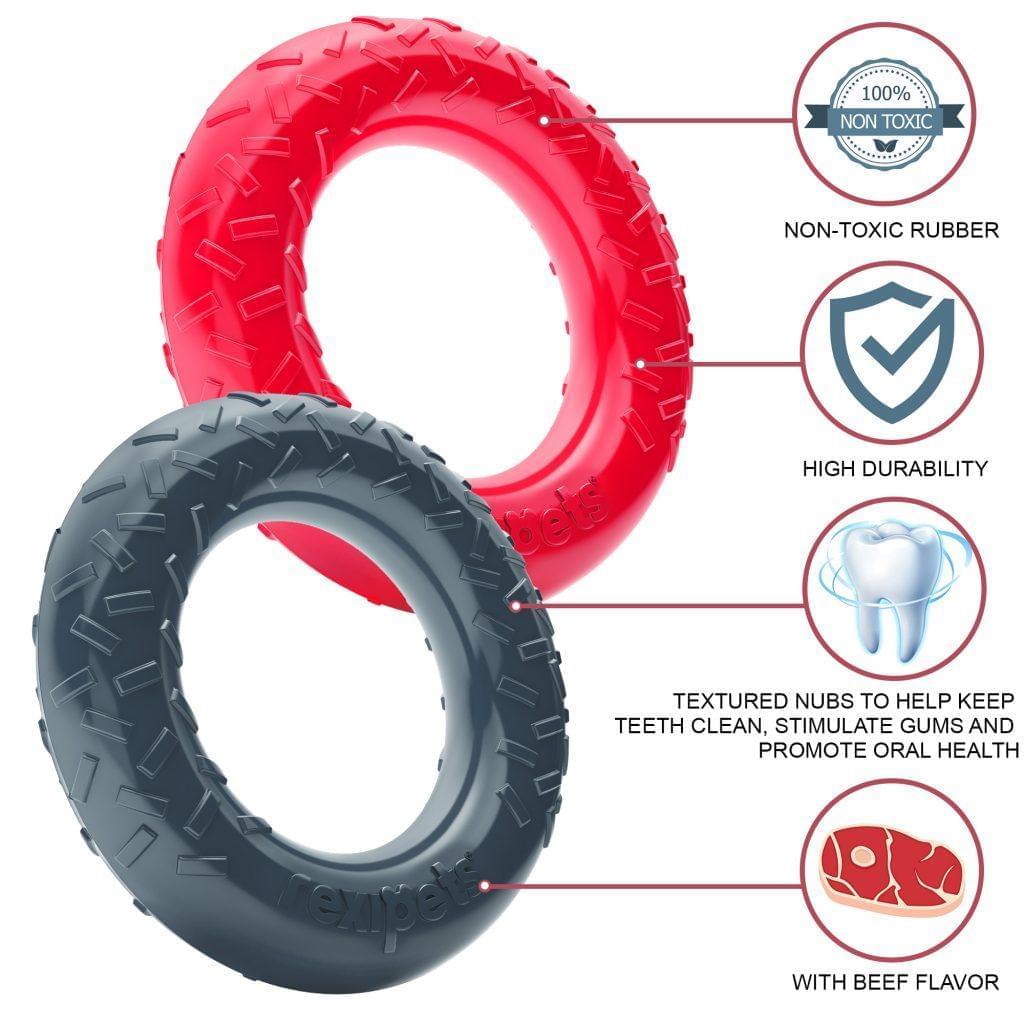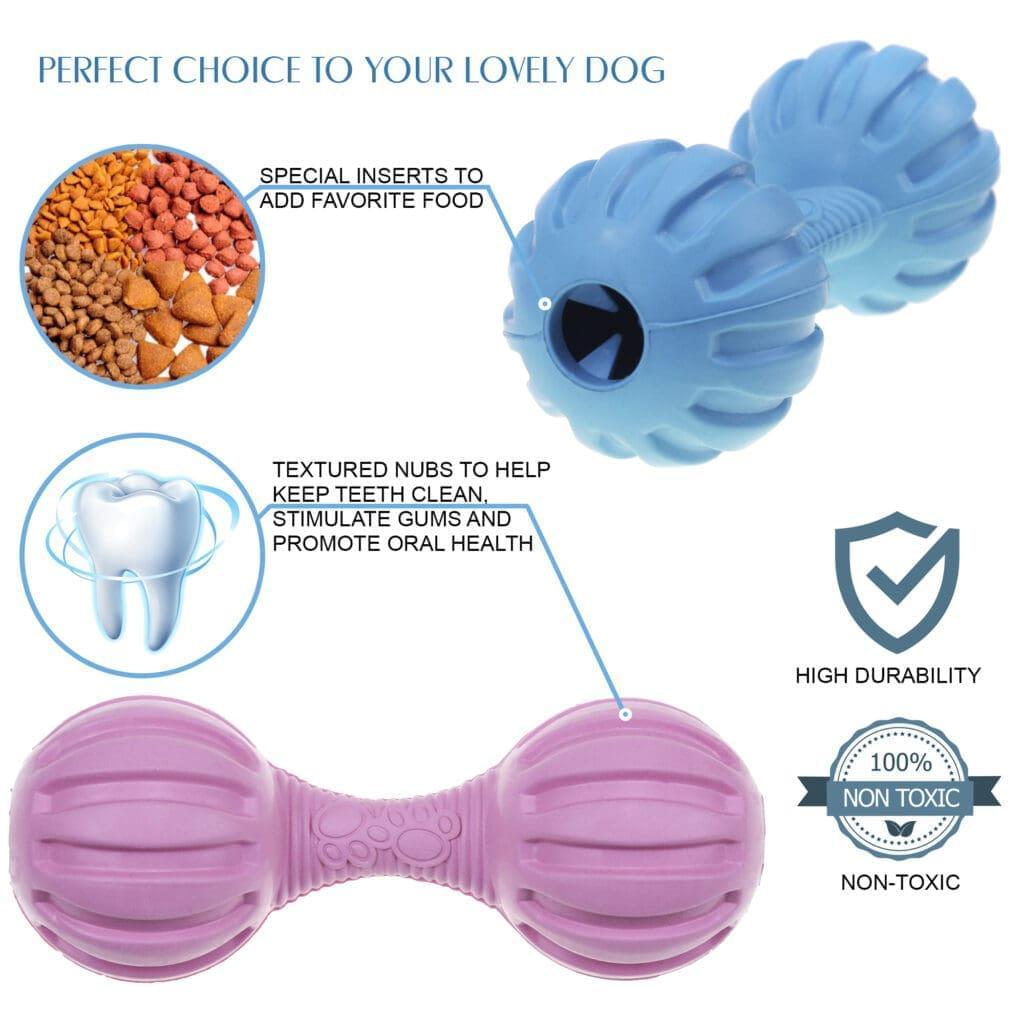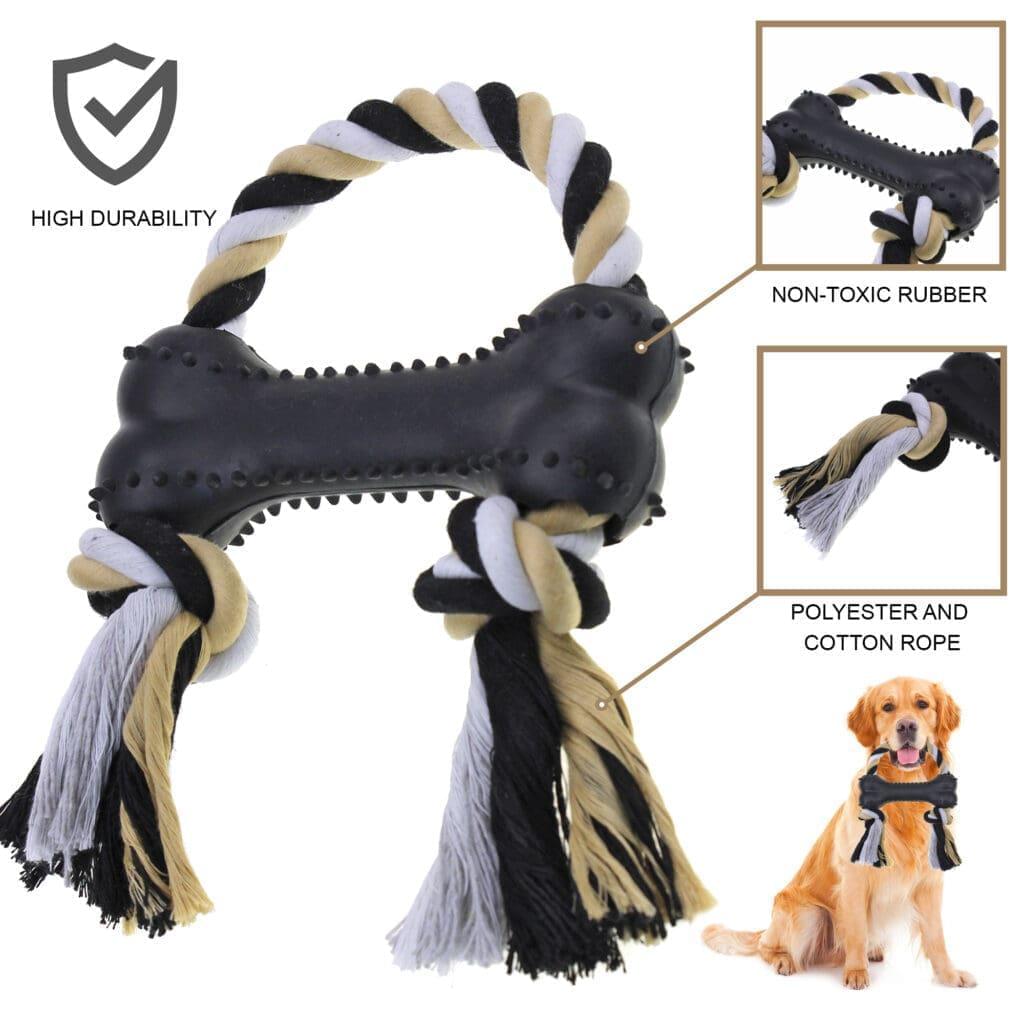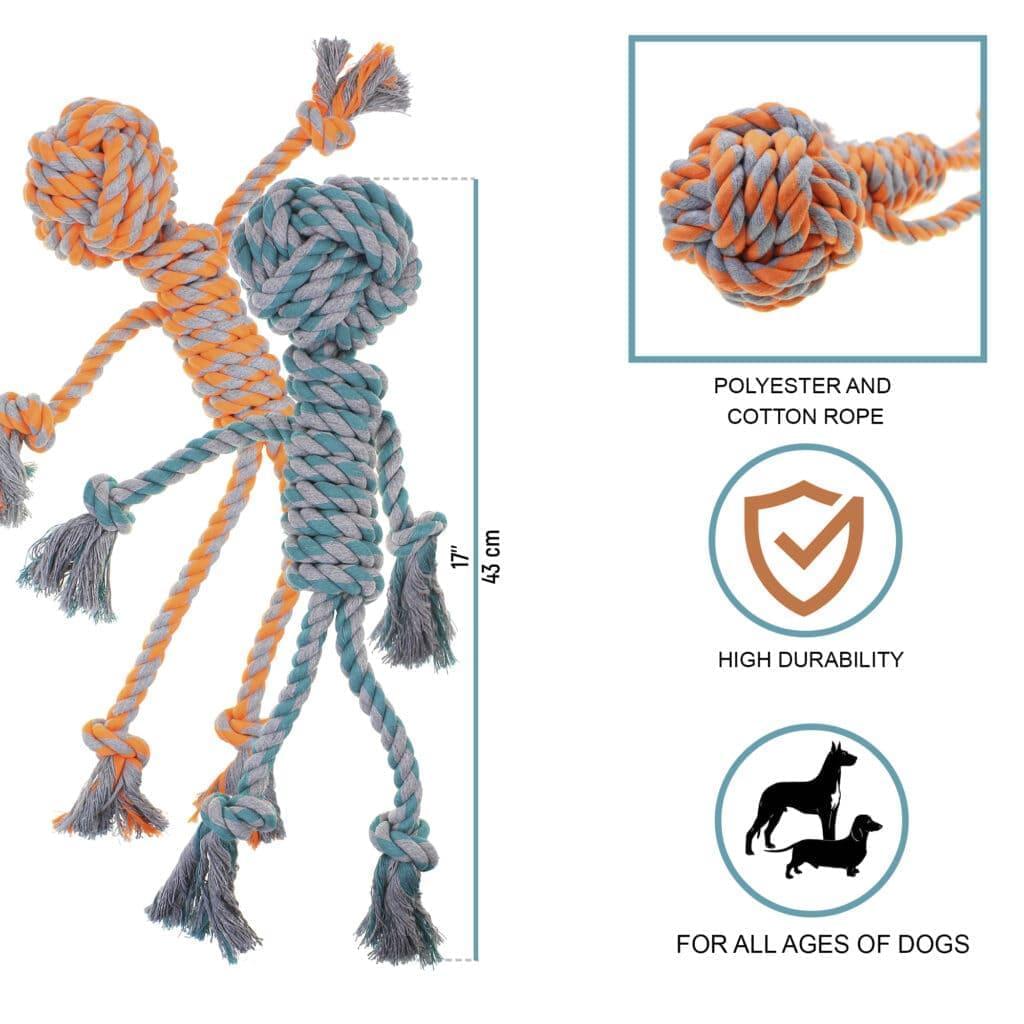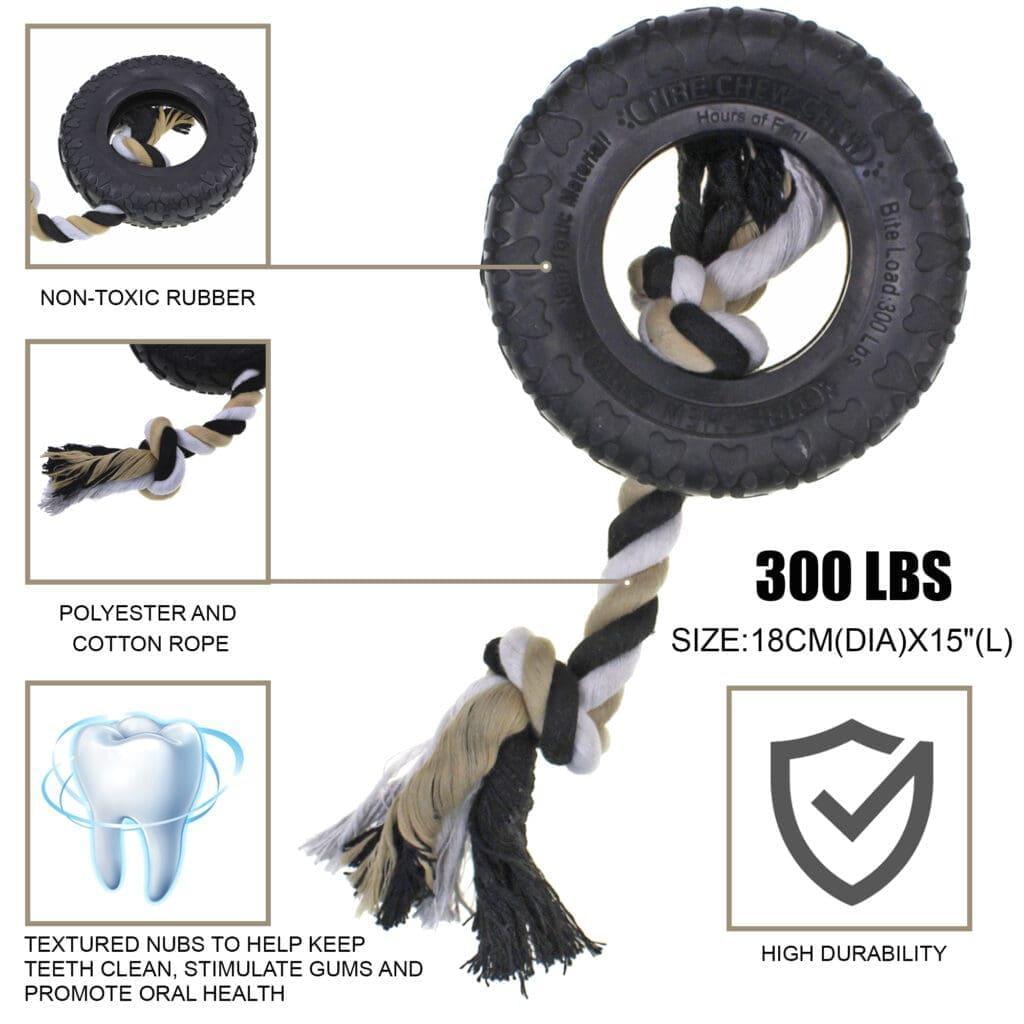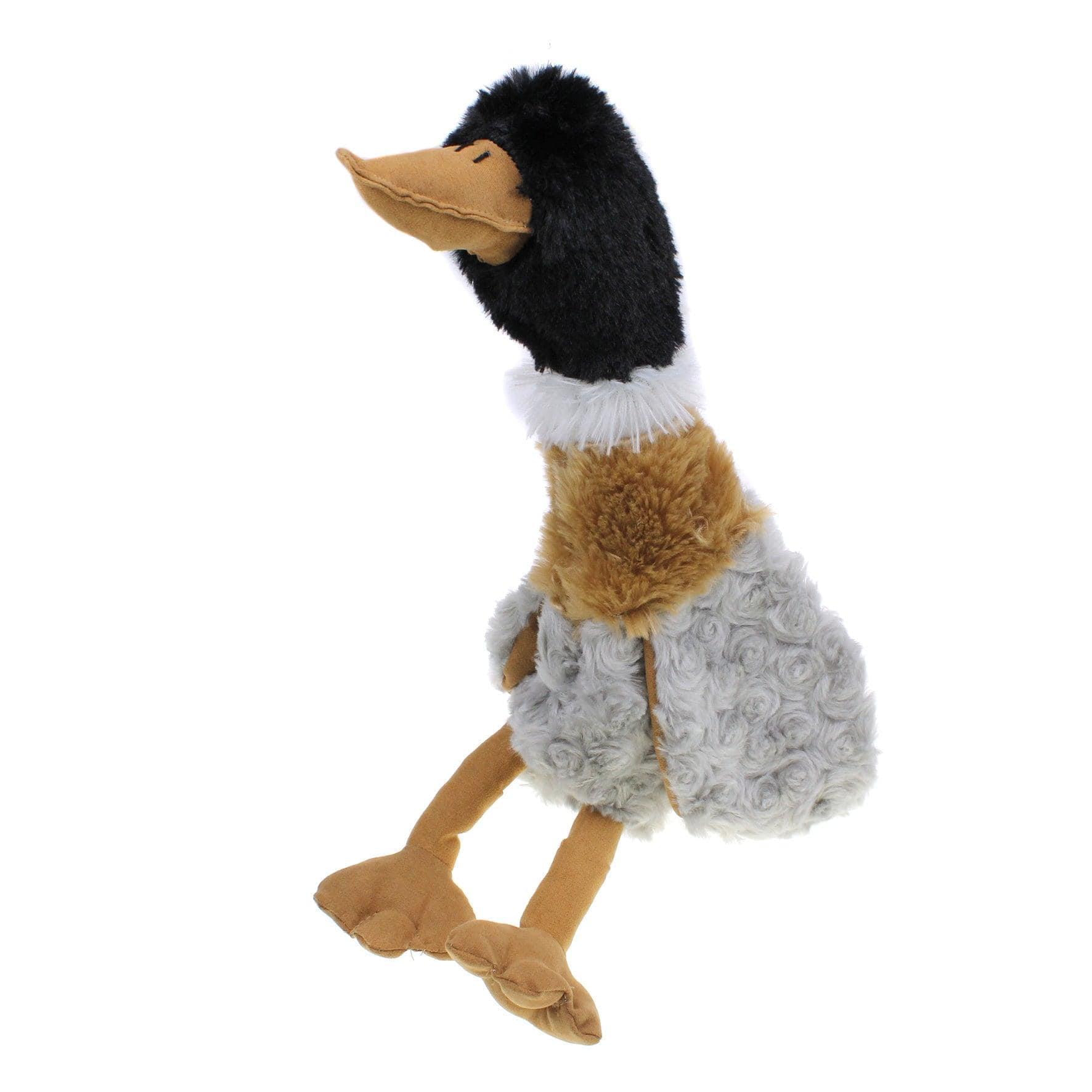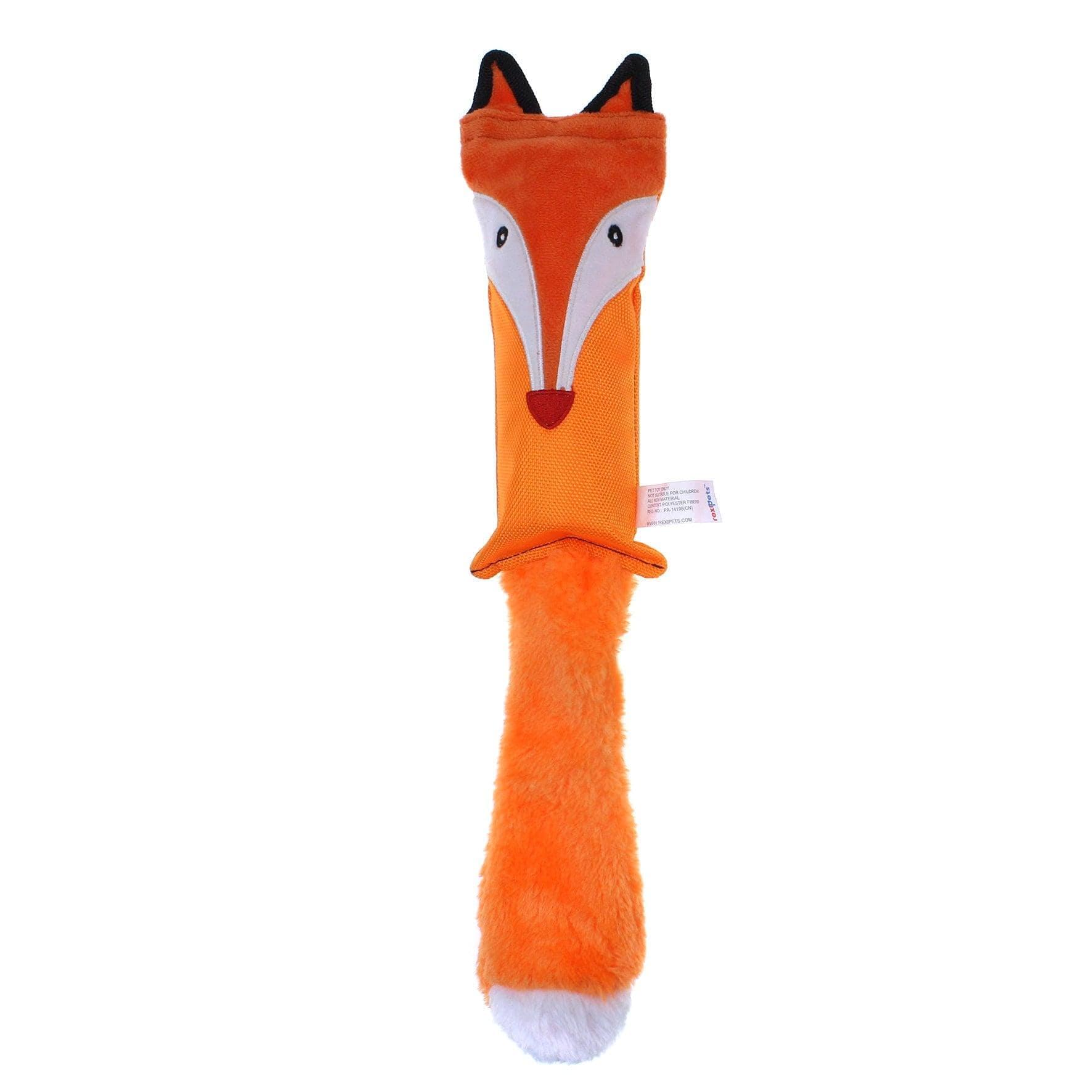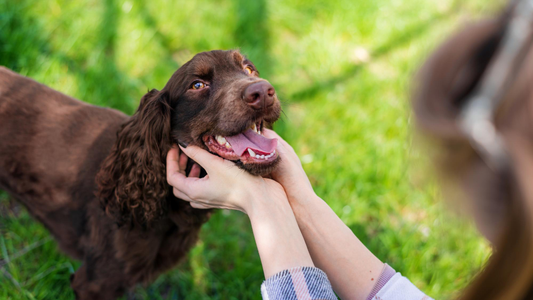
Dogs are amazing creatures, full of unusual behaviors that often leave us amused and scratching our heads. One such amusing yet puzzling behavior is how some dogs bite at the base of their tails.
If you've ever witnessed this behavior and wondered what on earth could be the reason behind it, you're not alone! We are here to answer this question!
In this article, we're diving into the fascinating world of canine behavior to uncover the possible reasons for this tail-biting behavior.
From the physical to the emotional, we're digging into why our furry friends might be biting their tails. So sit back and leave it to us to tell you about your furry best friend.
7 Reasons Dog Biting Base of Tail But no Fleas

The secret to preventing your dog from chewing on its tail is to identify the root cause. Once you've pinpointed the reason, addressing it becomes an easier task.
-
Anal Glands
Dogs have special scent sacs on their butts, kind of like their own personal smell makers called anal glands.
Dog's anal glands consist of scent sacs that help them mark their space and get to know other dogs by leaving a special smell. That's why you might see dogs sniffing each other's back ends when they meet.
But sometimes, these sacs can get too full or infected, making your dog uncomfortable or itchy.
If your dog starts chewing on their tail or dragging their bottom on the floor like they're doing a funny dance, it might mean its anal glands need help. You can go to a vet to get these infected anal glands popped and help your dog feel better.
-
Parasites
Suppose you observe your dog licking or chewing at their rear end. In that case, it might indicate the presence of unwelcome creatures such as tapeworms, ticks, or fleas. These parasites can lead to discomfort and potential health issues for your furry friend. Don't let your dog sleep on your bed in that case.
Beyond tail chewing, there are additional signs to watch out for that could suggest your dog is dealing with these pesky invaders. One such indicator is weight loss, which can occur due to parasites sapping nutrients from your dog's system. A bulging belly might also be a telltale sign that these parasites have taken residence within your dog's body.
Scooting, a behavior where a dog drags its bottom along the floor, is another symptom that something might be amiss. Additionally, parasites could be at play if your dog's coat appears dull and lacks its usual shine. Digestive issues, like changes in bathroom habits or upset stomachs, could also point toward a parasitic problem.
If your usually energetic pup seems unusually tired and lacks interest in playtime, it could be due to the drain that parasites can cause on their energy levels. Coughing or breathing difficulties can also arise due to certain parasites affecting your dog's respiratory system.
Skin problems, including infections and irritations, are commonly associated with most dogs with parasitic infestations. Anemia, a condition where your dog's red blood cell count drops, can result from parasites feeding on their blood. Moreover, blood loss is another concerning effect of these parasites.
If you happen to spot tiny white or clear eggs resembling dandruff or salt in your dog's fur, it's a clear sign of fleas. Hair loss, scabs, and hot spots might emerge due to the irritation caused by these unwelcome guests.
-
Skin Infections
If your dog has a cut on their bottom, itchy skin might make them feel uncomfortable and want to scratch. Sometimes, cuts can even get infected, which can also cause a dog's skin to itch.
Fleas and ticks can also give your dog skin problems. This can make your dog scratch a lot and create sore spots on their skin. So, if your dog has any skin issues, watch for other problems too. If you're unsure, have your vet check for fleas and ticks to be safe.
-
Allergies
The primary sign that your dog might have allergies is if it can't stop scratching. If your furry friend seems to be scratching a lot, it could mean they're having an allergic reaction.
Environmental or Food Allergies are one more reason behind your furry friend’s constant licking or biting at the base of their tail is allergies. Dogs can get allergies, just like humans. And these allergies are usually food or environment related. Food allergies occur all around the year or when diet change happens.
Allergies in dogs can happen for various reasons. Things like flea bites, environmental allergies, pollen from plants, and even certain foods can trigger allergic reactions.
If you suspect your dog might have an allergy, it's a good idea to take them to the vet. The vet will help figure out what's causing the allergy. They'll work with you to identify the specific thing that makes your dog uncomfortable. Depending on what's causing the allergy, the vet might prescribe medicine to help your pup feel better.
Alternatively, they might suggest ways to get rid of the allergy triggers from your dog's surroundings. So, if your dog can't stop scratching, it's a sign that it's time to get them some expert help.
-
Perianal Fistula
A perianal fistula is a type of tunnel that develops in the skin around a dog's anus, creating what looks like a hole in the skin. This condition can be uncomfortable and problematic for dogs.
Recognizing signs of a perianal fistula can help in identifying this issue. Firstly, if you notice your dog experiencing pain or straining while trying to go to the bathroom, it could be indicative of a perianal fistula.
Additionally, they might face difficulties with their bathroom habits, showing signs of constipation or diarrhea.
Keep an eye on their stool as well. The presence of mucus or blood can be a signal of this condition. Dogs with perianal fistulas often resort to chewing or itching their backside, indicating their discomfort.
Another sign is if your dog avoids sitting down or seems hesitant to do so. This reluctance could be due to the discomfort caused by the fistula.
Moreover, watch out for sensitivity around their tails and rear end. Dogs with perianal fistulas might react aggressively if someone tries to touch these areas. Behavioral changes such as depression, aggression, or restlessness could also be linked to this condition.
Although German shepherds are thought to be more susceptible due to their tail position, any breed can be affected.
If you notice these signs in your dog, seeking prompt veterinary attention is crucial. A veterinarian can provide a more accurate diagnosis. They will recommend appropriate treatment to alleviate your dog's discomfort and improve their well-being.
-
Foreign object

If your dog has something trapped in or near their rear end, like dirt, feces, grass, or even something it ate accidentally, it might scratch or itch the area in an attempt to get rid of it.
If you notice something stuck on your dog's backside, you can gently remove it if it's on the outside and visible. However, it's important to avoid trying to pull out anything from your dog's backside. This could lead to harming their intestines.
Instead, it's a good idea to let the veterinarian take care of removing anything from that area. It's quite common for dogs to get something stuck around there, especially if they've been exploring outdoors.
Visiting the vet is the best approach if you suspect something might be causing your dog discomfort or itching. The vet can safely remove anything causing trouble. They will also ensure your furry friend stays happy and healthy.
-
Anxiety
If your dog can't stop scratching back there and there's no obvious health problem, it could be because of something called a "compulsive disorder." This happens when your dog feels stressed or worried, repeatedly making them do the same thing.
When your dog is experiencing anxiety, there are several steps you can take to help them feel better. Firstly, consider using calming products to soothe your dog, such as calming sprays or diffusers. These products can create a more relaxing environment for your furry friend.
Secondly, ensure your dog gets enough physical activity. Regular exercise through playtime and walks can significantly reduce their anxiety levels. And it'll promote their overall well-being.
To engage your dog's mind and provide a positive distraction from their anxiety, pet owners should offer interactive toys that require problem-solving and mental engagement.
Suppose your dog's anxiety is particularly intense. In that case, you might explore using a calming jacket or shirt designed to provide a sense of security and alleviate stress.
In severe cases of anxiety, your dog may require prescription anxiety medication. It's crucial to consult your vet before considering this option, as they can determine the most suitable course of action based on your dog's specific needs.
If you think your dog is struggling with anxiety, you must have a conversation with your veterinarian. They can offer professional guidance. They'll recommend the best strategies to help your dog feel more at ease and comfortable.
When To Get A Vet On Board?

A trip to the vet is in order if your dog's itching continues for more than 24 hrs. If they're constantly licking or dragging their butt, or if you spot signs like irritation, bleeding, bad smells, unusual tiredness, or any other symptoms or strange behaviors, a vet will be able to help you.
It's essential to pay attention to your dog's behavior and body language. If their itching doesn't seem to let up even after a day, it could signal an underlying issue that needs professional attention.
Obsessive licking or scooting could be a sign that something's bothering them, and a vet's expertise is required.
Also, keep an eye out for any changes in your dog's overall demeanor. You may notice them being more tired than usual or catch any odd odors. Other than that, you may see any unusual redness or bleeding around their rear end. If that is the case, it's definitely time to schedule a vet visit.
Final Words!
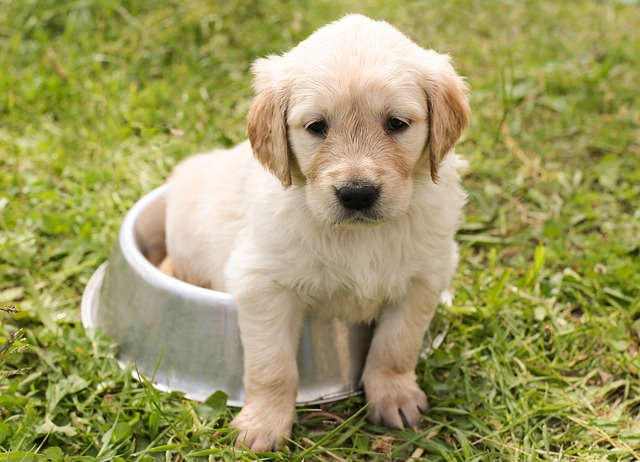
To sum up, dogs can bite their tail bases for different reasons, from allergies to dealing with irritations or stress. Understanding what's wrong with your dog's tail is important. So pay close attention to their behavior and how they're feeling.
By figuring out the cause, we're helping our dogs feel better and keeping them healthy. Whether it's about fleas, food allergies, or something else bothering them, it's up to us to look after them.
As pet parents, taking them to the vet when needed, giving them exercise and things to do, and making sure they're not stressed are all ways we can help.
So, don't worry too much if you see your dog sometimes biting his tail. Remember to be a good friend and give them the care they deserve.
